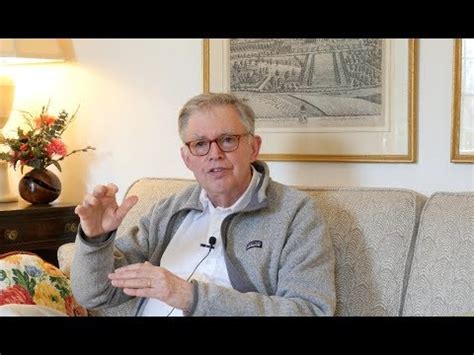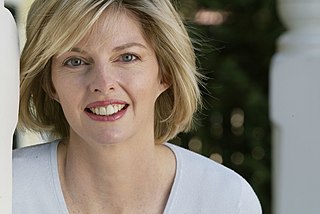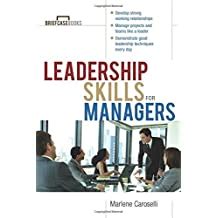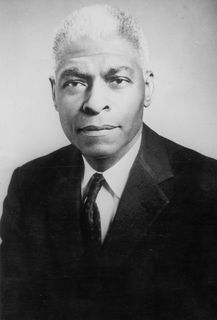A Quote by J. K. Rowling
Indifference and neglect often do much more damage than outright dislike ...We wizards have mistreated and abused our fellows for too long, and we are now reaping our reward.
Related Quotes
The state is now more involved than it ever has been in the raising of children. And children are now more neglected, more abused and more mistreated than they have been in our time. This is not a coincidence. This is not a coincidence. And with all due respect, I am here to tell you it does not take a village to raise a child. It takes a family to raise a child.
Whenever we make changes in our surroundings, we can too easily shortchange ourselves, by cutting ourselves off from some of the sights and sounds, the shapes or textures, or other information from a place that have helped mold our understanding and are now necessary for us to thrive. Overdevelopment and urban sprawl can damage our own lives as much as they damage our cities and countryside.
So long as we insist upon defining our identities only in terms of our work, so long as we try to blind ourselves to the needs of our children and harden our hearts against them, we will continue to feel torn, dissatisfied, and exhausted…. The guilt we feel for neglecting our children is a byproduct of our love for them. It keeps us from straying too far from them, for too long. Their cry should be more compelling than the call from the office.
The way we use our money is a barometer of our present spiritual condition. Our neglect of the poor illustrates much about where our hearts lie. But even more than that, the way we use our money is an indicator of our eternal destination. The mark of Christ followers is that their hearts are in heaven and their treasures are spent there
There is no doubt about it: we are judged by our language as much as (perhaps more than) we are judged by our appearance, our choice of associates, our behavior. Language communicates so much more than ideas; it reveals our intelligence, our knowledge of a topic, our creativity, our ability to think, our self-confidence, et cetera.
Now, brethren, this is one of our greatest faults in our Christian lives. We are allowing too many rivals of God. We actually have too many gods. We have too many irons in the fire. We have too much theology that we don't understand. We have too much churchly institutionalism. We have too much religion. Actually, I guess we just have too much of too much.
Later, I would realize that the position of most black students in predominantly white colleges was already too tenuous, our identities too scrambled, to admit to ourselves that our black pride remained incomplete. And to admit our doubt and confusion to whites, to open up our psyches to general examination by those who had caused so much of the damage in the first place, seemed ludicrous, itself an expression of self-hatred - for there seemed no reason to expect that whites would look at our private struggles as a mirror into their own souls, rather than yet more evidence of black pathology.
We drink too much, smoke too much, spend too recklessly, laugh too little, drive too fast, get too angry, stay up too late, get up too tired, read too little, watch tv too much. We have multiplied our possessions but reduced our values. We talk too much, love too seldom, and hate too often. We've learned how to make a living but not a life. We've added years to life, not life to years.


































